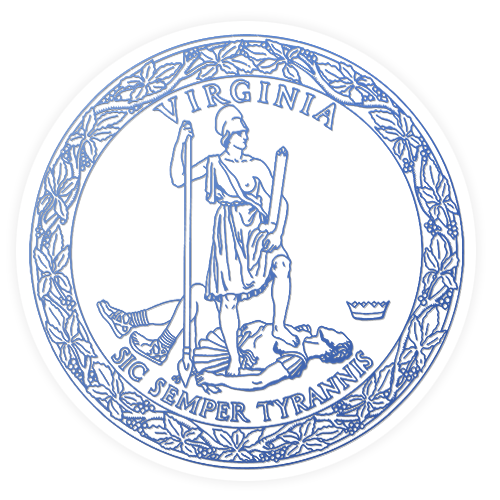
RICHMOND—The Virginia Commercial Space Flight Authority (Virginia Space), Northrop Grumman Innovation Systems, and NASA Wallops Flight Facility celebrate the successful launch for Northrop Grumman’s 12th cargo resupply mission to the International Space Station (ISS). The mission, designated NG-12, launched today at 9:59 a.m. from Virginia Space’s Mid-Atlantic Regional Spaceport (MARS) Pad 0A located at NASA’s Wallops Flight Facility on Wallops Island, Virginia. The Commonwealth of Virginia built MARS Pad 0A to accommodate the Antares 230+ rocket configuration and Cygnus spacecraft.
NASA and its partners have supported humans continuously living off-planet since the Expedition 1 crew arrived at the ISS exactly 19 years ago on November 2, 2000. The microgravity laboratory has hosted 239 people from 19 countries, more than 2,600 experiments from 3,900 researchers in more than 107 countries, and a variety of international and commercial spacecraft. The space station also is facilitating the growth of a commercial market in low-Earth orbit for research, technology development, and crew and cargo transportation.
“With today’s launch, we celebrate the beginning of the 20th year of continuous human presence living aboard the International Space Station and the strong partnerships that have shaped a promising future for space flight in Virginia,” said Governor Northam. “The investments we are making in the MARS facility will continue to position our Commonwealth as a leader in the growing aerospace industry, support critical life sciences research, and ensure that we remain a world-class center for space exploration and commerce for years to come.”
Launch pad modifications have made it possible to accommodate the loading of time-sensitive experiments into the Cygnus spacecraft as late as 24 hours before liftoff, eliminating the previous four-day pre-loading requirement. This is the first official mission to utilize the new late load capability, which has made the MARS facility eligible for missions that include life science investigations in the payload.
“The collaboration of Virginia Space, NASA Wallops, and Northrop Grumman to develop late load capability further advances the technology and capacity available at MARS to commercial and government customers,” said Secretary of Transportation Shannon Valentine. “As we look to the future, collaboration will be key to unlocking the potential of this gateway to space, expanding the range of missions available to MARS, and bolstering the Commonwealth’s long-term economic competitiveness.”
This will be the first mission under Northrop Grumman’s Commercial Resupply Services-2 contract with NASA, for which the company will fly a minimum of six missions to the ISS through 2024. The Cygnus spacecraft will spend about two months attached to the space station. The spacecraft is scheduled to remain at the space station until January 13, 2020, when it will depart the station, deploy commercial customers’ CubeSats, and deorbit.
The Antares rocket will boost an unmanned Cygnus spacecraft carrying an 8,200-pound payload to the ISS that includes scientific investigations, supplies, and vehicle hardware for the orbital laboratory and its crew. Scientific investigations launching on Cygnus are part of commercial and academic payloads across a variety of disciplines, including:
“The Commonwealth’s support for aerospace is evident in the continued investment in infrastructure here at Wallops,” said Dale Nash, CEO and Executive Director of Virginia Space. “Virginia Space is developing additional launch capabilities, and recently finished construction on a state-of-the-art dedicated Payload Processing Facility, to meet the diverse needs of a modern-day expanding Spaceport. These new assets continue to attract commercial and government partners, enabling NASA Wallops and the Spaceport to support the nation’s human space flight, scientific research, and national security missions with assured access to Space.”
The Virginia Commercial Space Flight Authority is a political subdivision of the Commonwealth of Virginia. Virginia Space owns and operates the Mid-Atlantic Regional Spaceport (MARS), the MARS Payload Processing Facility, and the MARS Unmanned Systems Test Range. Collocated on the NASA Wallops Flight Facility on the Eastern Shore of Virginia, the mission of Virginia Space and MARS is to provide low-cost, safe, reliable, “schedule-friendly” access to space and secure facilities for testing of unmanned vehicles for integration into the National Air Space. Virginia continues to play a key role in national security and assured access to space, as one of only four states in the United States hosting a spaceport licensed by the FAA to launch spacecraft into orbit or on interplanetary trajectories. For more information, visit vaspace.org.
# # #